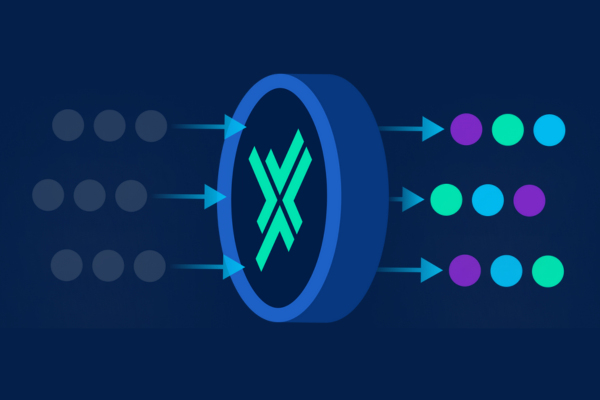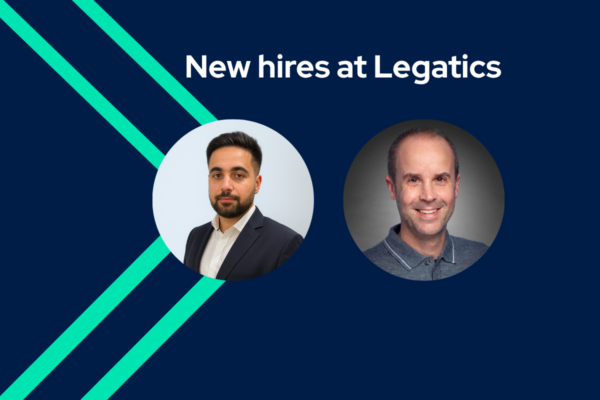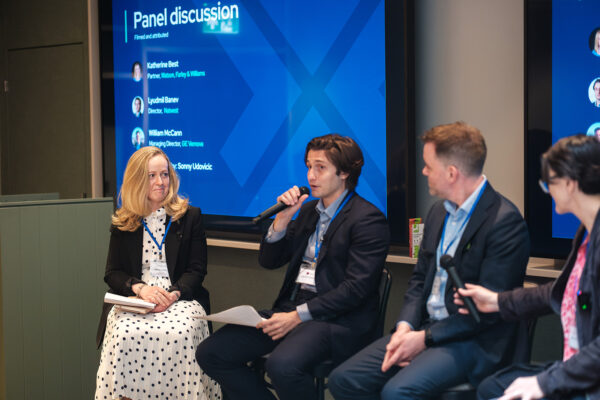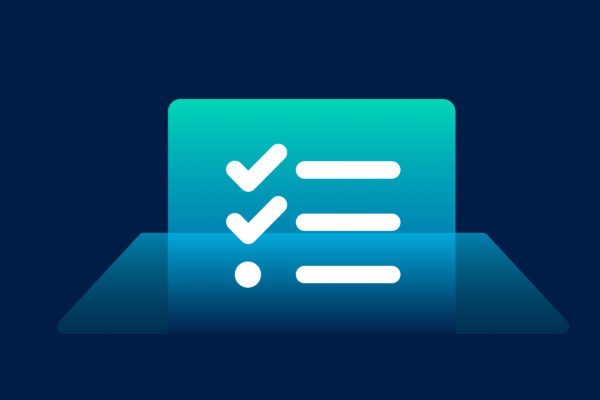This year marks 52 years since the first Pride marches, which took place in New York on the one-year anniversary of the Stonewall Riots—that’s 52 years of protesting and marching for a diverse and inclusive community. At Legatics, we have been discussing what Pride means to us. Whether that be as a member of the LGBTQ+ community or as an ally, here’s what our team had to say:
Denika Campbell, Head of People and Talent
As an Ally to the LGBTQ+ community, Pride means using my privilege (especially in my role as Head of People & Talent) to empower individuals to feel safe being their true selves and speaking up against anti-LGBTQ+ actions or language.
For me, Pride should be celebrated and championed all year round as unfortunately not all LGBTQ+ people are free or safe from harm around the world. As a result, I feel that being an Ally is important and requires action, not just posting a rainbow flag every month. Allyship is a journey, it is something that we should continue to work on and challenge ourselves on.
My top tips for being a true Ally are:
- Listen – It’s important to be informed, ask questions and try to understand what people have been through, who they are, and what living authentically means to them.
- Learn – Beyond learning about the experiences of the LGBTQ+ community, spend time learning how to advocate for them. What can you do to make a change?
- Act – Speak up for the rights of LGBTQ+ people. Whether it is calling out the use of anti-LGBTQ+ language or simply reminding someone to use the correct pronouns, it’s important to take a stance.
Unna Bhatt, Engagement manager
In many ways, I question whether I qualify as an ally when there is so much more I can do!
For me, being an ally means a duty to constantly learn to be aware and inclusive. Just as a basic start, remembering preferred pronouns, not using deadnames, and applying mindful language. Let’s stop saying ‘ok guys,’ assuming a gender when we hear ‘my partner,’ or perpetuating cultural stereotypes around how we expect someone in the LGBTQIA+ community to act. And if this happens? Address it. Ask the speaker to reframe or challenge when microaggressions filter through.
It is our responsibility to constantly learn, improve, and take a stand to combat marginalization.
Anthony Seale, CEO
We spend so much of our lives at work. For many of us, it’s one of our most important contributions to society. Creating an environment where LGBTQ+ people feel respected, part of the team, and that they can be themselves is essential to a fair, free, and functioning society.
Our business only works if we have teams that everyone feels an important part of. It’s essential that we support each other and that our team feels valued. If that wasn’t the case, we wouldn’t function.
As CEO, I feel it’s my duty to the LGBTQ+ community to create a workplace that is not only safe and respectful but actively celebrates the diversity of our staff and recognizes that it’s an important part of what makes our team brilliant.
Daniel Porus, CCO
I am an ally to the LGBTQ+ community.
As a society, I feel that we are continuing to make progress but we still have some way to go. It saddens me that, even now, I have friends and family who have had to keep their sexual orientation hidden from family members and/or work colleagues due to the risk of stigmatization or fear for how this part of themselves will negatively impact their careers.
I am proud to be part of a company that openly celebrates diversity and creates an environment for employees to be their true and authentic selves at work. There are always opportunities for improvement, and we are constantly reviewing hiring processes and internal company policies to identify opportunities for a more inclusive and diverse working culture.
Ivan Ivanov, Business Development Associate
It is difficult for me to sit down and in a paragraph summarize what Pride means to me. What I can do is highlight something I have been thinking about a lot recently.
As a cis, white gay man who lives in a comparatively very liberal and accepting city, I don’t face much adversity—my pride isn’t challenged as much. Therefore, to me, Pride is about standing up for those who are more marginalized: queer people of color, members of the trans community, and queer people globally who live in areas where their liberties and lives are threatened because of their sexuality. We cannot, and should not aim to, win the fight for equality if we are divided internally. Equal rights for one of us should not come at the cost of another’s rights.
Although there is little I can do to influence global politics directly, I find that it is through changing attitudes at a grassroots level that real change can be affected. That means calling out homophobia, even if you’re not personally offended by a particular comment, and leveraging your power in society to create opportunities for and amplify the voices of others within the LGBTQ+ community who don’t have as much power. People belonging to minorities are often frustrated at the thought of having to act as educators to the majority, but I challenge that—who better than us to educate others on issues which are so dear to us, and we inevitably have such a deep understanding of? I have been very keen to take on that responsibility and will never avoid difficult conversations—whether that be with my family, at work, with friends, or with strangers.
I take pride in being different, looking at a community that is full of similarly different individuals, protecting those differences, and ultimately celebrating them—unapologetically.
Rachel Dungate, Senior Operations Associate
Pride has meant different things to me at different points in my life, depending on the people and communities I’ve surrounded myself with, political climates, and my own self-reflections. Of late, I’ve been seeking to understand things from their roots; why is this idea—when stripped back—important, and why does it exist? Right now, there are 2 things that stand out to me about Pride:
- Pride month is a vital prompt. As with any period of time designed to highlight a particular event or issue, Pride month serves to commemorate the LGBTQ+ community. It’s like a pop-up in our calendars, reminding us to consider its individuals, our actions, and beliefs surrounding ourselves and others. This doesn’t mean the reasons this month exists go away outside of this time frame, but in the age of attention as currency, I think carving out this period for individuals to reflect is incredibly powerful.
- Pride is skill-building and self-enhancing. For me, engaging effectively with Pride means a) learning about its purpose and b) understanding myself and others better. It compels us to really think about what we believe and why, and how this impacts others and ourselves. By becoming better at introspection and by learning from others, we improve our ability to rationalize, listen, and empathize; these skills are vital to creating a smarter and less dissonant society, which I think many of us wouldn’t say no to.
Luke Vancliffe-Davis, Head of Business Development
To me, Pride is a time to celebrate—to celebrate diversity and difference and to celebrate the idea that everyone, no matter their sexual orientation or gender, deserves to feel safe and accepted and that they can be unashamedly and openly themselves.
But Pride is also a time to reflect—to reflect, yes, on the progress that has been made so far but also on how much progress there still is to make, even here in the U.K. This Pride, I’ve been reflecting in particular on words, and how much words matter.
Homophobic language is still deeply embedded in our culture. According to the website NoHomophobes.com, the phrases “so gay” and “no homo” are used, on average, over 10,000 times daily on Twitter. Meanwhile, 99% of gay young people report hearing the use of phrases like “that’s so gay” and “you’re so gay” in school (Stonewall). In many instances, these comments are thought of as “harmless banter” or used unthinkingly to mean that something is bad or rubbish, with no conscious link to sexual orientation at all.
But words matter. Even insidiously homophobic language reinforces prejudice and negative perceptions of gay people and are often deeply hurtful to LGBTQ+ communities. 84% of gay young people, for example, say they are distressed when they hear the word “gay” used as an insult, with almost half (45%) saying it distresses them a lot (Stonewall). Homophobic language doesn’t just shore up negative perceptions of the gay community. It also leads to a general intolerance of being different.
As a cis, white, straight man, and the leader of a team in Legatics, I am in a position of enormous privilege. It is incumbent on all of us, but especially those of us in such positions of privilege, to be mindful of the words we use and the impact they have on others. We’re all human and all of us make mistakes and slip up from time to time. But when we do, we must acknowledge those mistakes, apologize to those we may have offended, and strive to do, and speak, better. Because words matter.







